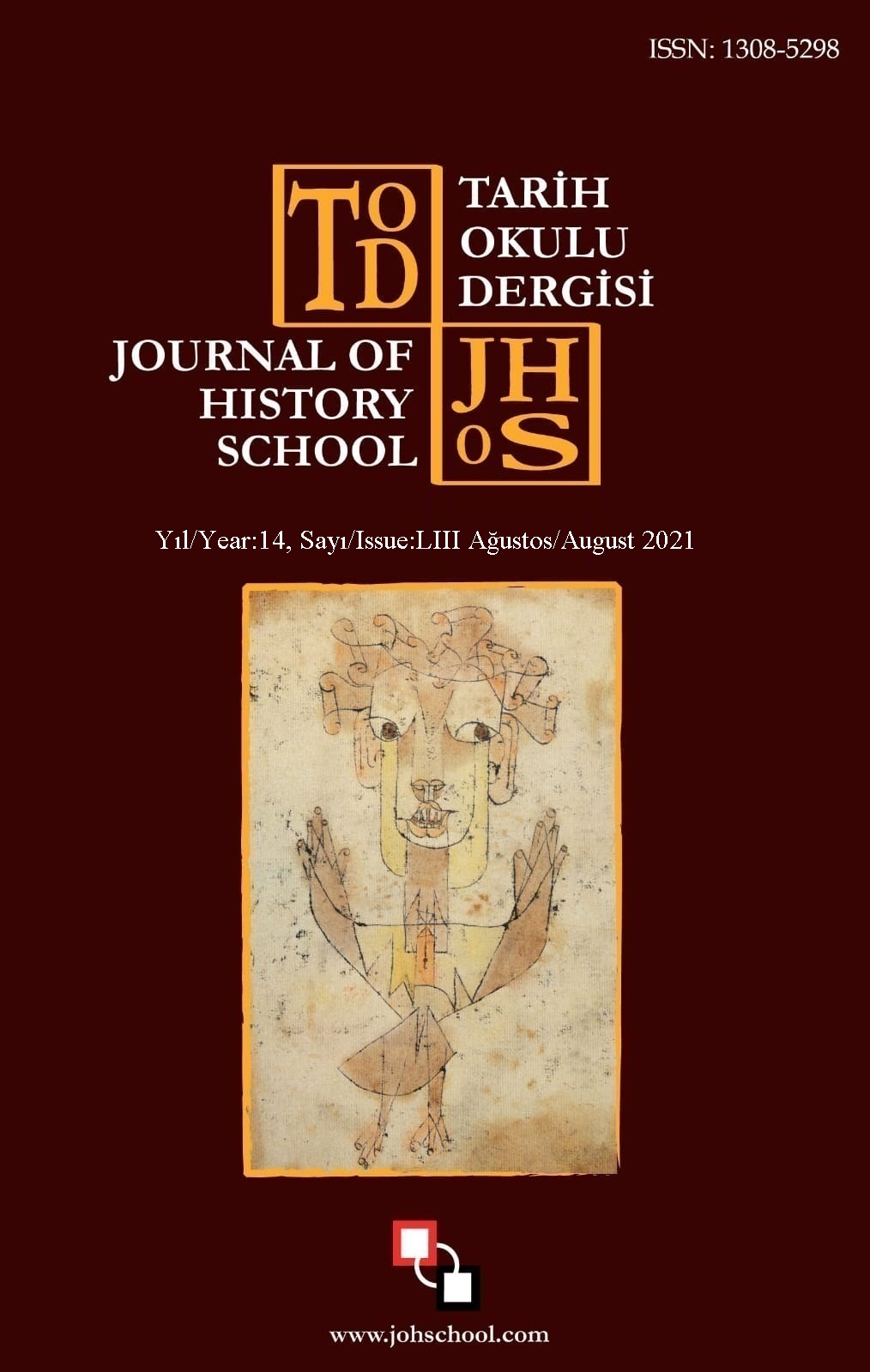Author :
Abstract
Ders kitapları yaygın ve örgün eğitim süreçleri bakımından öğreticiler ve öğrenciler için kılavuz konumundadır. Ders kitapları, Milli Eğitim Bakanlığı tarafından içerik, tasarım, öğretim programı, anayasal gereklilikler çerçevesinde denetimden geçirilerek kullanılmaktadır. Bu maeryaller akademik içerikleri barındırdığı gibi toplumsal, kültürel, sosyal girdileri de barındırmaktadır. Akademik içerikler genellikle resmi öğretim programında yer alırken diğer faktörler örtük müfredat olarak adlandırılan yapı içine gömülmüştür. Örtük müfredat, onu şekillendiren birey, toplum, kurum ya da resmi otoritenin dünya görüşünden doğrudan etkilenmektedir. Doğal olarak ders kitapları bünyesinde sosyokültürel girdileri, toplumun anlam değer dünyasını, toplumsal hassasiyetleri inşa eden yapıları bulundurmakta ve bu yapılar hedef kitleye de örtük müfredat aracılığıyla aktarılmaktadır. Bu çalışmada da MEB tarafından onaylı ders kitabında örtük müfredat aracılığı ile işaret edilen davranış, tutum ve zihinsel şemalar araştırılmış; verilerin analizinde içerik analizi tercih edilmiş; yürütmenin öncelikleri, hedef kitleye işaret ettiği davranış, tutum ve şemalar tespit edilmiştir. Bu bağlamda geleneksel değerlerin örtük müfredat aracılığı ile gözetildiği, öğrencilerde çalışma azminin artırılmak istendiği saptanmıştır. Ayrıca öğrencilerin muhakeme becerileri ile kıyas yaparak mevcut imkânları iyi değerlendirmeleri, teknolojiyi kontrollü kullanmaları; ülkemizde artan yabancı nüfusa yönelik empati becerilerini geliştirmeleri ve ırkçılıktan uzak durmaları işaret edilmiştir. Son olarak modernizmin getirdiği yalnızlaşma ve bireyselleşmenin eleştirilip öğrencilerin birlikte çalışmaları, organize olmaları örtük müfredat aracılığı ile desteklendiği tespit edilmiştir.
Keywords
Abstract
Textbooks are a guide for teachers and students in terms of non-formal and formal education processes. Textbooks are used by the Ministry of National Education after being inspected in terms of content, design, curriculum and constitutional requirements. It contains academic contents as well as social, cultural and social inputs. Academic content is usually included in the formal curriculum, while other factors are embedded in the so-called implicit curriculum. The implicit curriculum is directly influenced by the worldview of the individual, society, institution or official authority that shapes it. Naturally, the textbooks contain sociocultural inputs, structures that construct the meaning-value world of the society and social sensitivities, and these structures are transferred to the target audience through the implicit curriculum. In this study, the behavior, attitude and mental schemes indicated by the implicit curriculum in the textbook approved by the Ministry of National Education were investigated; Content analysis was preferred in the analysis of data; executive priorities, behaviors, attitudes and schemes that indicate the target audience have been determined. In this context, it has been determined that traditional values are observed through the implicit curriculum, and students' determination to work is desired. In addition, students should make good use of existing opportunities by comparing their reasoning skills, and their controlled use of technology; It was pointed out that they should develop their empathy skills towards the increasing foreign population in our country and avoid racism. Finally, it was determined that the isolation and individualization brought about by modernism were criticized and students' working together and being organized were supported by the implicit curriculum.





